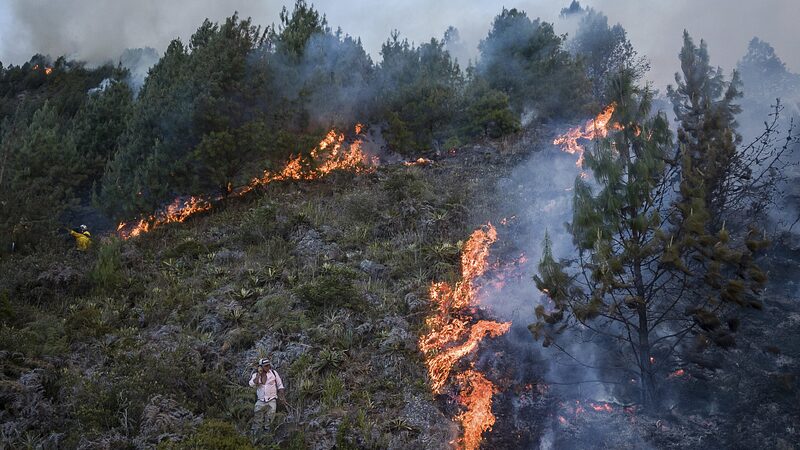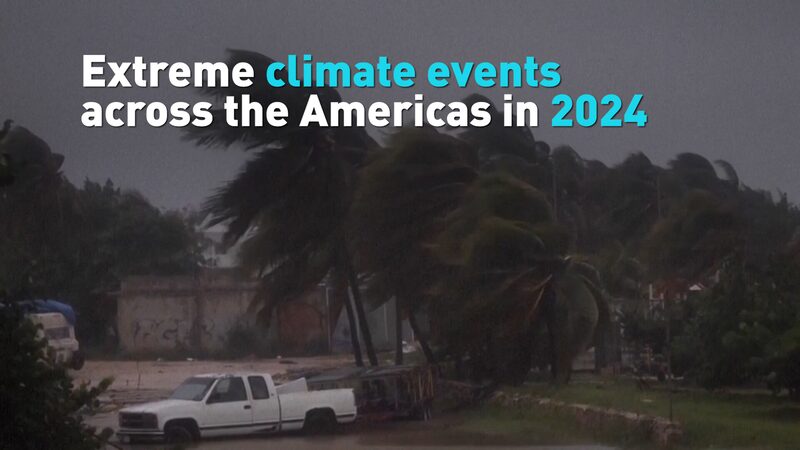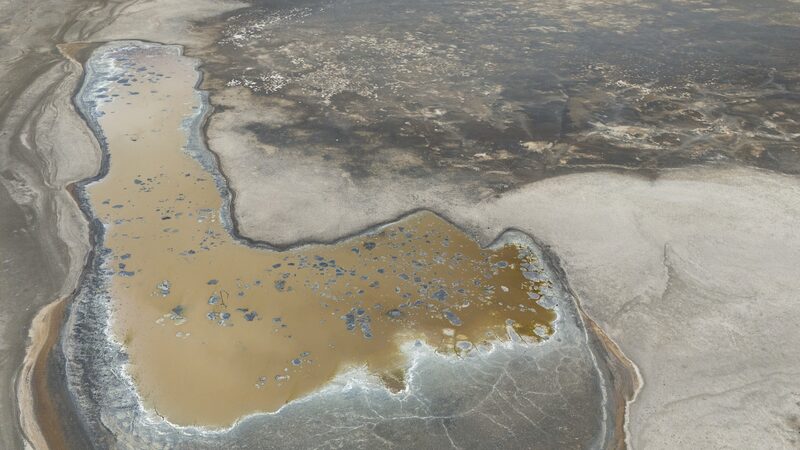February has been recorded as the warmest February on record globally, marking the ninth consecutive month of unprecedented high temperatures across the planet, according to Europe’s Copernicus Climate Change Service (C3S). Experts warn that climate change is steering the world into “uncharted territory,” with profound implications for global ecosystems and human societies.
The past year has witnessed an alarming escalation in extreme weather events, including severe storms, devastating wildfires, and crop-withering droughts. Scientists attribute this to human-induced climate change, exacerbated by the naturally occurring El Niño phenomenon, propelling global temperatures to possibly the highest levels in over 100,000 years.
C3S reported that the period from February 2023 to January 2024 marked the first time Earth has experienced twelve consecutive months with temperatures 1.5 degrees Celsius higher than the pre-industrial era average of 1850-1900. This threshold is significant as it reflects the ambitious limit set by the Paris Agreement to avoid the worst impacts of climate change.
The trend continued in February, with global temperatures soaring 1.77 degrees Celsius above the pre-industrial baseline. “These record-breaking temperatures are part of a disturbing pattern,” said a spokesperson from C3S. “We are observing changes that are unprecedented in human history, underscoring the urgent need for global action on climate change.”
The heightened temperatures have far-reaching consequences, particularly for Asia, where densely populated regions are vulnerable to heatwaves, rising sea levels, and extreme weather. Business professionals, investors, and policymakers are urged to consider the economic and social impacts of these climatic changes, as they pose significant risks to development and stability in the region.
Academics and researchers emphasize the importance of collaborative efforts to mitigate climate change effects. “International cooperation is essential to address these global challenges,” stated an environmental scientist. “We need to invest in sustainable technologies and adapt our infrastructures to withstand the changing climate.”
As the world grapples with these climatic shifts, Asian diaspora communities and cultural explorers are keenly interested in how their home countries are adapting. It is crucial for individuals and governments alike to stay informed and engage in proactive measures to secure a sustainable future.
With the planet entering a phase of unprecedented warming, the call for immediate and effective climate action has never been more pressing. The latest data from C3S serves as a stark reminder of the challenges ahead and the collective responsibility to safeguard our environment for future generations.
Reference(s):
cgtn.com







